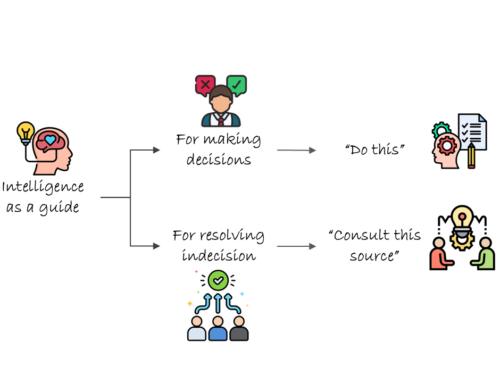When problems assault us, it’s easy to cave in, to lose heart, to give up.
It’s easy, but it’s also weak.
And we like to think of ourselves as strong. No doubt, it takes strength to face problems.
But it also takes strength to admit that our strength is not enough to face life’s perplexing, exhausting and unending problems. However, admitting this is abhorrent to our false ego, the illusory conception that keeps us away from spiritual reality. The false ego makes us believe that we can be secure and satisfied without any connection with Krishna.
Our culture frequently glamorizes this false ego as individualism and independence: “Be your own person; find your own way; don’t depend on anyone else.” Such feelings may seem to give us power, but actually they cut us off from the higher power of Krishna.
As long as we imagine that we can tackle life’s problems on our own, we can’t seek or gain Krishna’s help. That was Arjuna’s situation at the start of the Bhagavad-gita. Only when he realized that all his claims to strength had got him nowhere did he turn to Krishna for help, as the Bhagavad-gita (02.07) indicates. Krishna’s subsequent message of love empowered him to face not just the specific crisis confronting him but also to cross over all the crises that comprise material existence. Krishna’s help came to Arjuna in many inconceivable ways. Not always by removing his problems but always by drawing out his dormant and potent spiritual qualities, thereby raising him beyond those problems.
Krishna’s message – the text of the Gita – is readily available to us. But its wisdom and power will become available to us only when we become strong enough to admit that we are not strong enough.
Bhagavad Gita Chapter 02 Text 07
“Now I am confused about my duty and have lost all composure because of miserly weakness. In this condition I am asking You to tell me for certain what is best for me. Now I am Your disciple, and a soul surrendered unto You. Please instruct me.”


Leave A Comment